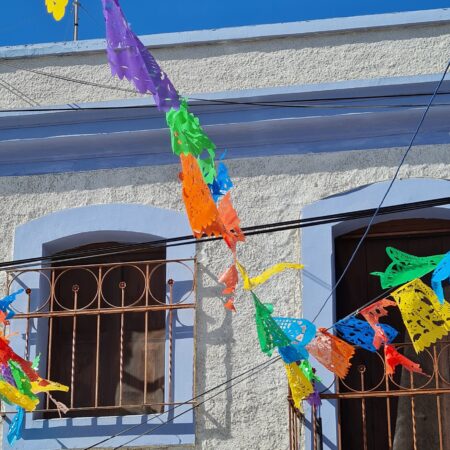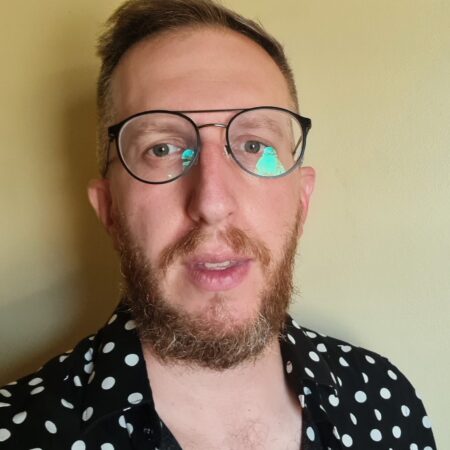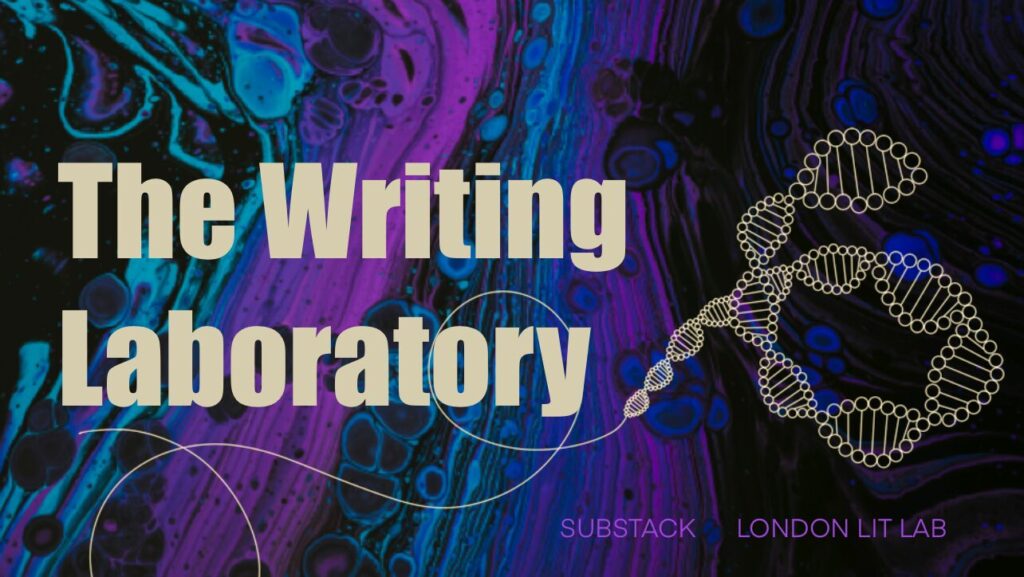Lidia Yuknavitch has argued that as writers, we are always living in tumultuous times, and yet, we endure. We keep on creating. 2023 has tested many of us, but as LGBTQ+ writers we can still try to write nevertheless, remaining defiant.
There are significant new stories for us to tell. We might write about the discrimination we witness or experience, or we can lose ourselves to flights of fancy, writing with gay abandon.
Queer storytelling is a place where anything is possible. As José Esteban Muñoz articulates it, queerness ´is not yet here´, but we can strive for it through our poetry and prose. Perhaps in poetic or utopian dreams, maybe in fiction or essays that refuse conventional wisdom about the ways LGBTQIA+ people live their lives. We can write ´beyond the binaries´, challenge tropes and situate our characters in fantastic new tales.
In some of the finest traditions of queer storytelling, the personal is highly political, so in this new version of the course, we will also consider ´the political´ in queer storytelling, for example how, as LGBT+ writers, we might deploy wit, tenderness and fierceness in making sense of a seemingly hostile world.
With her vision that storytelling can be a site of resistance, and generative possibility, we will heed the call of Lidia Yuknavitch, drawing inspiration to experiment, through our voices and new approaches to narrative. Throughout, we´ll question what we´re capable of writing when we´re unconstrained by mainstream convention.
There is a growing body of evidence that writing that expresses our deeper feelings (and desires), has not only benefits for our mental health, but our physical well-being too.** With its roots in generative coaching, on this course you will be empowered to unleash your creativity, and write unabashedly as you do.
Course Outline
- Live Zoom sessions for Weeks 3 to 6 of the course (4 Zoom sessions in total – 7.30pm to 9pm UK time)
- Detailed written feedback on your final piece (1,500 words) from the course tutor
- Personal 25-minute coaching session
- Writing prompts and reading material
- Peer-to-peer workshopping
- An active online writing community
Reading samples will be drawn from a wide range of LGBTQ+ writers. There will be examples drawn from some of the latest works to be published, including writers such as Julia Armfield, Tom Crewe, Seán Hewitt, Travis Alabanza and Alice Winn.
Course Timetable
This course is in two parts.
Part One: Weeks 1–2
Introductory reading from Andrew on queer storytelling in this current period.
Group discussion in response to prompts from Andrew on ‘queer storytelling at a crossroads’ on Slack.
Short writing prompts and extracts to read from diverse queer texts on Slack.
Part Two: Weeks 3–6
Develop a longer piece of writing up to 1,500 words.
Weekly Zooms where feedback will be exchanged between peers (Nov 15th, Nov 22nd, Nov 29th, Dec 6th).
Submit your final piece of writing for tutor feedback by (Nov 29th).
Book in your personal 25-minute coaching conversation between the dates (Dec 6th– Dec 20th). Andrew is a qualified coach who will cover your wellbeing as a writer, learning from setbacks, and how you can continue a writing routine beyond the end of the course.
Learning online
The course will take place online, primarily in a closed group on a platform called Slack. You’ll need to have internet access to receive the assignments and when you give and receive feedback. Slack is easy to use, and we’ll provide you with full instructions and guidance before the course starts. In the first two weeks on Slack, we won’t have scheduled live chats, but there will be plenty of opportunity to interact with Andrew and the other course participants in discussion threads. Slack will remain available as a platform throughout the six weeks, but from weeks three to six, the focus will be a weekly live Zoom.



